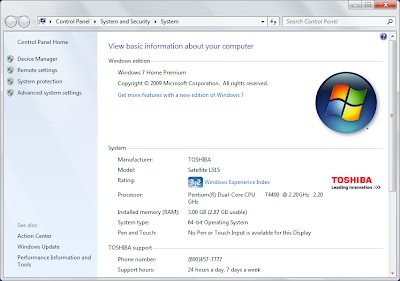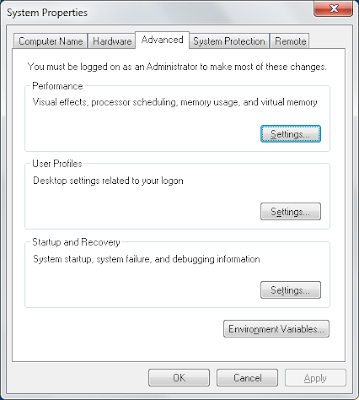- Get TryPod off the ground, with workable code, examples and some help
- Get my office cleaned up
Let's see how I do... I have 4 work days.
an attempt to push the world in a better direction
"In Germany they first came for the Communists,
and I didn't speak up because I wasn't a Communist.
Then they came for the Jews,
and I didn't speak up because I wasn't a Jew.
Then they came for the trade unionists,
and I didn't speak up because I wasn't a trade unionist.
Then they came for the Catholics,
and I didn't speak up because I was a Protestant.
Then they came for me —
and by that time no one was left to speak up."
Pastor Martin Niemöller

Q: How did you come up with the idea for Artemis?
A: Long ago, when my buddies and I all had Commodore64s (like, 25 years ago), I had an idea. I could link our computers together and play a game like the Star Trek bridge. One machine would run the simulation and the "main screen". Each other machine would be a bridge station, like Helm, Science, or Weapons. That idea has lain dormant in my brain for a very long time, but recently my muse told me "Make it. Now." So I finally did.This leads me to suspect a lot of middle aged hackers are going to be coming up with some really cool things over the next few years that they've been thinking about for a long time.


...imagine a world in which twitter isn’t a silo, and it’s possible to rate other users on any scales you wish. You could rate someone on how “corporate shill” or “honest” or “intelligent” or “funny” or how they lean ideologically… and share those ratings.
You’d be able to do it on a single piece of data, or a string of them, or on the person sending them.
This would be a tremendously useful filtering mechanism.
It could apply to almost anything, not just tweet streams.
”Thawing and traffic vibrations likely busted a sewer main. The void left by the broken pipe caused this slow underground erosion over days, possibly weeks. To repair the section of Locust, a road crew must bring down the street and build it up again. That means at least one noisy night for people who live in nearby apartment and condo towers. “I live right in the front, too,” said Katie Hobson.Either we can worry about an imaginary "Pole Shift" which is just an unsupported fairy tail, or we could spend that same emotional energy worrying about something that actually matters... how to make sure that our infrastructure is maintained. I strongly suggest we worry about keeping our infrastructure up to date... or civilization will literally collapse around us.
I didn’t even know I had it installed on my laptop, but here it is… Windows Live Writer.
I’m seeing what it can do.
Here’s a photo I took yesterday.
25000 barrels per day using the highest estimate
365 days
42 gallons/barrel
6 pounds / gallon of oil (my estimate)
1 ton / 2000 pounds
---------------------
191,625 tons of oil and assorted goo per annum
Not to say that hosting a personal FriendFeed and attempting to link it to my friends and their own FriendFeeds does not sound like fun, but it would be mind-numbingly tedious for most. The friction to get started is far too high for this project to ever gain real traction.





















